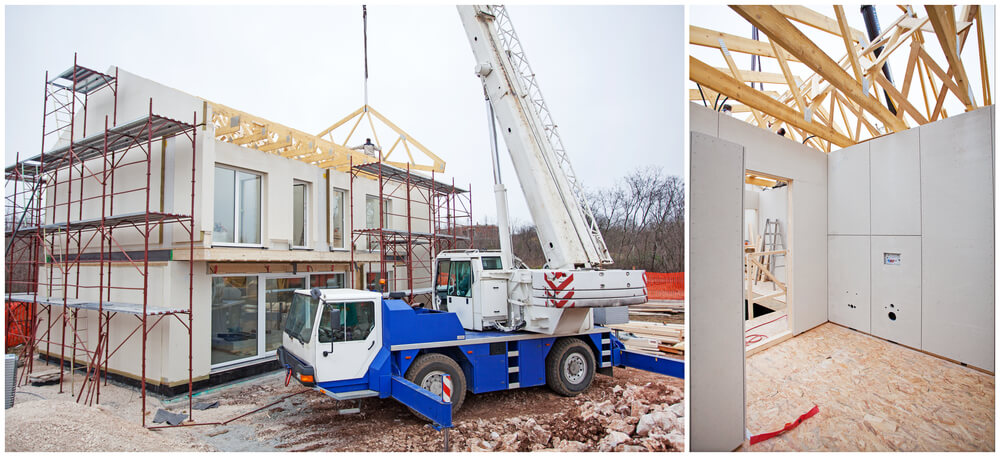Prefabricated buildings are slowly catching on in different parts of the world, including the U.S. Many industry experts believe that these types of structures are the answer to high housing demand in markets grappling with labor shortages. If you’re wondering whether modular construction in Pleasanton, Bay Area is right for you, read on to learn more.
Understanding Modular Construction
Modular or offsite construction is a method where building components are manufactured in a factory. A typical production process involves:
-
Materials like timber and steel are supplied to the factory for fabrication.
-
These materials are used to make building components like walls, rooms, and roofs.
-
The prefabricated components are transported to the construction site.
-
Workers at the construction site assemble the pieces into a complete, functional building, according to a plan.
Prefabricated buildings must meet building codes and other applicable quality standards.
Modular Construction Market Size
Prefabricated buildings haven’t deeply penetrated the mainstream construction industry. In the U.S., these structures account for less than 4 percent of all offsite constructions. However, the technique is gaining popularity day by day and has been utilized in multiple high-profile projects. Modular housing solutions are already causing disruption in markets with unsatisfied housing demand along with labor shortages.
Benefits of Modular Construction
The game-changing technique offers the following benefits to contractors and project owners:
-
Time and cost savings:
Modular assembly can accelerate project timelines by up to 50%, saving on construction costs.
-
Not weather-dependent:
Project timelines aren’t highly impacted by extreme weather like storms. Mostly, prefabrication takes place offsite.
-
Efficient use of materials:
Modular structures are built according to a plan that typically includes accurate specifications for the amount of materials required. This approach saves money.
-
More eco-friendly:
Manufacturing building components offsite minimizes noise and air pollution on the actual project site. Also, it brings minimal traffic inconveniences.
Challenges in the Offsite Construction Sector
Some of the issues that may slow the adoption of modular construction include:
-
The technique changes key workflows and materials specifications. Before the technology can be widely deployed at scale, you may expect a steep learning curve.
-
Perception is another potential stumbling block. Architects, engineers, designers, and contractors can quickly grasp the benefits of this technique. However, the majority of investors think that prefabricated buildings are less attractive and may lack structural integrity.
-
The modular approach changes the supply chain for the construction industry. Materials are transported to the factory for fabrication instead of the construction site. There’ll also be a growing shift in material preferences from traditional options like cement to steel or cross-laminated timber. Many of these dramatic shifts may be uncomfortably disruptive for many traditional industry players, including suppliers and manufacturers of materials.
Modular Construction Is Tech-driven
Modular architecture lends itself to cutting-edge digital applications that improve design versatility and scalability. Also, the use of digital design tools enhances manufacturing accuracy and productivity. Examples of technologies used are:
-
Building Information Modeling (BIM):
This software allows designers to create hyper-realistic, multi-dimensional designs. These models take various project variables into account, including costs and timelines.
-
Project management software:
These solutions facilitate better time and cost controls for any construction project.
-
Mobile applications:
Apps allow multi-disciplinary teams to collaborate on various aspects of the project, including remotely, in real-time.
Are You Looking to Adopt Modular Construction?
Industry experts believe that prefabricated buildings are the future of the construction industry. The professionals at Proforma Construction are keeping pace with this game-changing trend, too. We can help you adapt quickly to take advantage of the cost-saving technique for your next construction project. Contact us now to get started!




